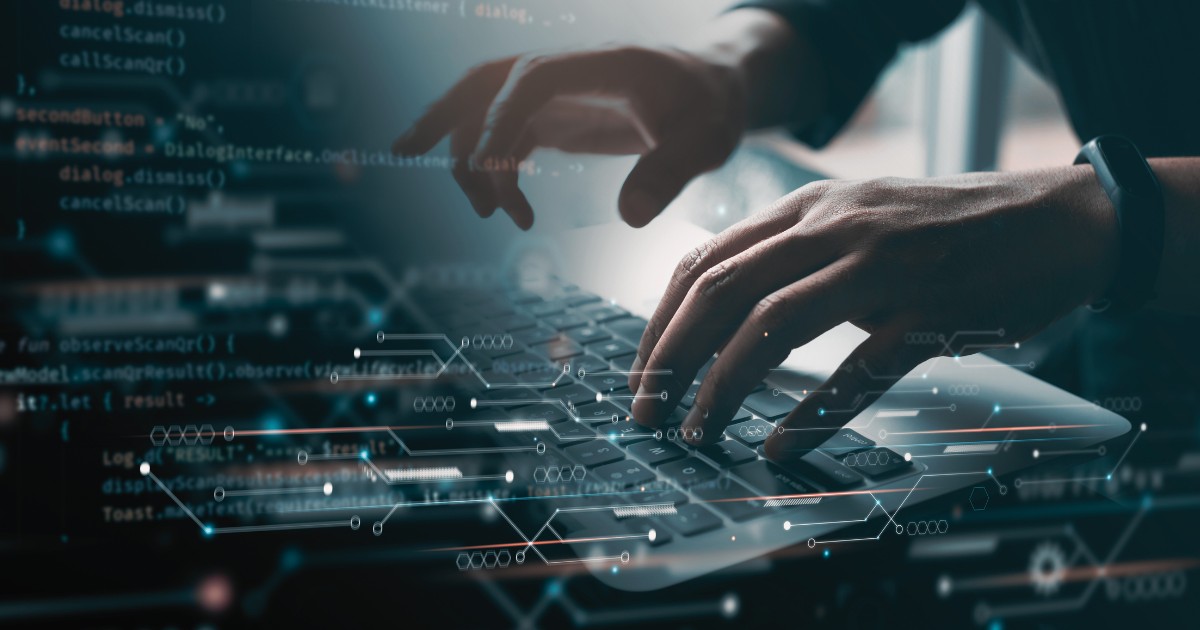In the judgment under review, the Court of Bologna (No. 2713/2022) ruled on the distinction between plagiarism and reworking/updating a computer program.
The case and the parties' instances
The company Alfa Srl sued the companies Beta Srl and Gamma SpA in order to ask the court to ascertain that the software “X” distributed and marketed by the defendants constituted plagiarism of its software “Y,” in violation of Article 64-bis of the Italian Copyright Law (L. 633/1941), as well as an act of unfair competition under Article 2598 of the Italian Civil Code.
The defendant companies disputed the allegations made by Alfa, denying that they had committed plagiarism or unfair competition. They claimed that they had acquired in good faith and under license the software “X” from the company Delta SpA. Therefore, they requested a postponement of the hearing in order to be able to summon that company, which in turn entered an appearance contesting the defendants’ claims for recourse/liability.
The summons of Mr. B., a former employee of Alfa, who claimed to be the author of software “Y” as well as to have played a relevant role in the creation of software “X,” was then authorized.
The relevant legislation
Article 64-bis of the Italian Copyright Law aims to protect the exclusive rights of software and regulate liability for the infringement or plagiarism of such works.
The provision aims to prevent and punish the conduct of those who, without authorization, reproduce, distribute or market programs that constitute an unauthorized copy or partial or total reproduction of a pre-existing program.
Considering Mr. B.’s role as the author of the software, Article 12-bis of the Italian Copyright Law, which provides that the employer is the owner of the exclusive right to the economic use of the software created by the employee in the performance of his duties, also comes into play.
This article represents a general employment principle whereby the entrepreneur acquires the results of the work performed by the employee without the need for any act of transfer and as a naturally derogable effect of the contract.
On unfair competition
The court held that the defendant companies were also liable for engaging in acts of unfair competition because they were in violation of the principles of professional fairness.
As a matter of fact, under Art. 2589, para. 3 of the Civil Code, acts of unfair competition are performed by anyone who “[…] directly or indirectly makes use of any other means that are not in accordance with the principles of professional fairness and are likely to damage the business of others“.
In the present case, the conduct of marketing program “X” was considered an undue and parasitic exploitation of Alfa’s design and organizational efforts, causing injury to the latter.
On plagiarism
In light of the evidence in the trial, the Court held that the claims submitted by Alfa’s company, with regard to plagiarism, were worthy of being partially accepted at least.
Specifically, in the course of the litigation, it turned out that Mr. B., at the time of his resignation, had kept a copy of the software data owned by Alfa.
The court-appointed technical consultant’s report confirmed that program “X” – to the creation of which Mr. B. had made a significant contribution – constituted an unauthorized reproduction of program “Y,” and that the source code contained keywords and typos demonstrating the connection between the two projects.
The documentation submitted showed that the defendant companies had corporate, business and entrepreneurial relations with Delta, which supplied program “X.” Therefore, it appeared reasonable to assume that the defendant companies had acquired the “X” program from Delta and subsequently marketed it, aware of its derivative and infringing nature.
As a matter of fact, according to case law, in order to contribute to the infringing tort, it is sufficient that the third party causally contributes to the infringement. Hence, both defendant companies are liable for plagiarism of the software owned by Alfa.
Thus, on the basis of the Court’s decision, it was found that the adaptation of a software for the purpose of its commercialization constitutes an unauthorized and unauthorized reproduction, albeit partial, and not a creative and original reworking, but neither is it a modification of it essential to the use of the software or for the purpose of interoperability with other programs.
© Canella Camaiora S.t.A. S.r.l. - All rights reserved.
Publication date: 12 July 2023
Last update: 7 May 2025
Textual reproduction of the article is permitted, even for commercial purposes, within the limit of 15% of its entirety, provided that the source is clearly indicated. In the case of online reproduction, a link to the original article must be included. Unauthorised reproduction or paraphrasing without indication of source will be prosecuted.

Margherita Manca
Lawyer at The Canella Camaiora Law Firm, member of the Milan Bar, she specialises in industrial law.
